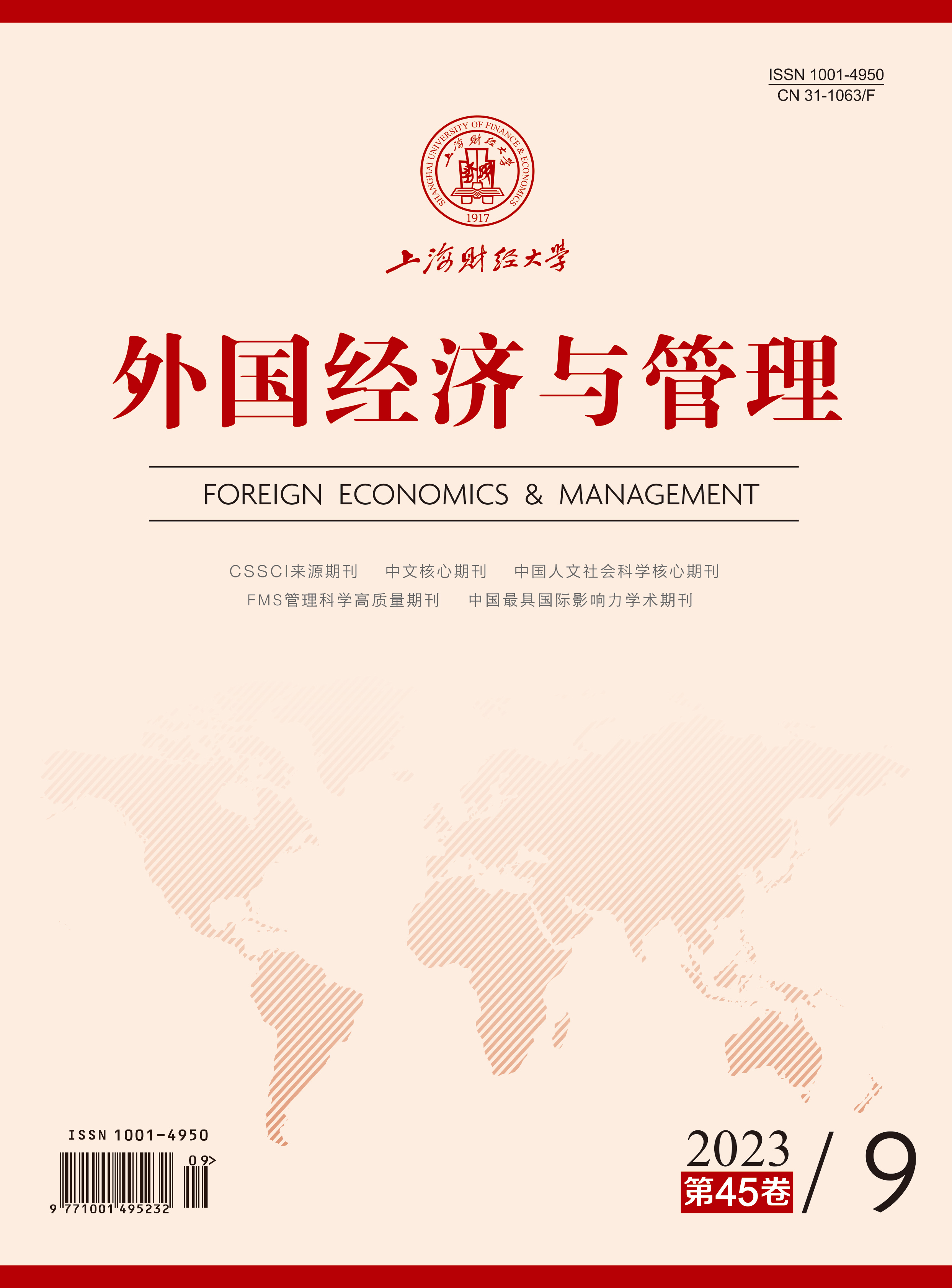The development of family enterprises is closely related to a country’s political and economic reform process. With the deepening reform and opening up, the entrepreneurial generation gradually receded into the background, and family enterprises have entered the peak of inter-generational inheritance. Many studies show that family enterprises will suffer great value loss during inter-generational inheritance, and the R&D level of enterprises will be significantly reduced. Rooted in the historical background and evolution of enterprise development, we divide Chinese family enterprises into two categories: One is restructured from state-owned enterprises or collective enterprises in the privatization process of state-owned enterprises, and the other is generated in the “entrepreneurial wave”. According to the differences in the development stages of family enterprises during the second-generation successor training period, we divide inter-generational inheritance into two modes with different heterogeneity levels: father-son joint venture inheritance mode and internal cultivation inheritance mode.
Through the research on Chinese family enterprises from 2004 to 2017, the empirical results show that, compared with the second generation of internal cultivation inheritance, the second generation of father-son joint venture inheritance has a higher level of R&D investment and better innovation performance. Further research shows that, the increase of family shareholding ratio and the “blind governance” of the first generation narrow the differences of family enterprise innovation under the two modes. In addition, the gender and education levels of the second generation have a moderating effect on the relationship between inheritance heterogeneity and enterprise innovation. The mechanism test shows that, family enterprises under the father-son joint venture inheritance mode have a higher level of risk-taking and ease the financing constraints of enterprises, thus promoting enterprise innovation.
In terms of theoretical contributions, this paper deeply analyzes the dynamic relationship between the growth experience of the second generation and the development of family enterprises, and divides inter-generational inheritance into two inheritance modes with different heterogeneity levels, which enriches the research on the second generation of family inheritance. In addition, this paper explains the impact of entrepreneurship on resource allocation and decision-making preference of family enterprises from three aspects: cognitive branding, ability branding, and emotional branding, which is a supplement to the research on the sustained impact of entrepreneurial branding. In terms of practical contributions, based on the development history of Chinese family enterprises in the context of emerging and transitional economies, this paper examines corporate innovation behaviors under different levels of inheritance heterogeneity, which has implications for family enterprises to successfully complete inter-generational inheritance and achieve sustainable foundation.





 9179
9179  8694
8694

